
Please choose a body region on the right for you to pin point the problem area of your body.

Shop by Condition

Shop by Brand
Respiratory syncytial virus (RSV) is a common respiratory virus that affects people of all ages, but it is particularly dangerous for infants and older adults. Understanding the symptoms of RSV is important for early diagnosis and treatment, as well as for preventing the spread of the virus to others.
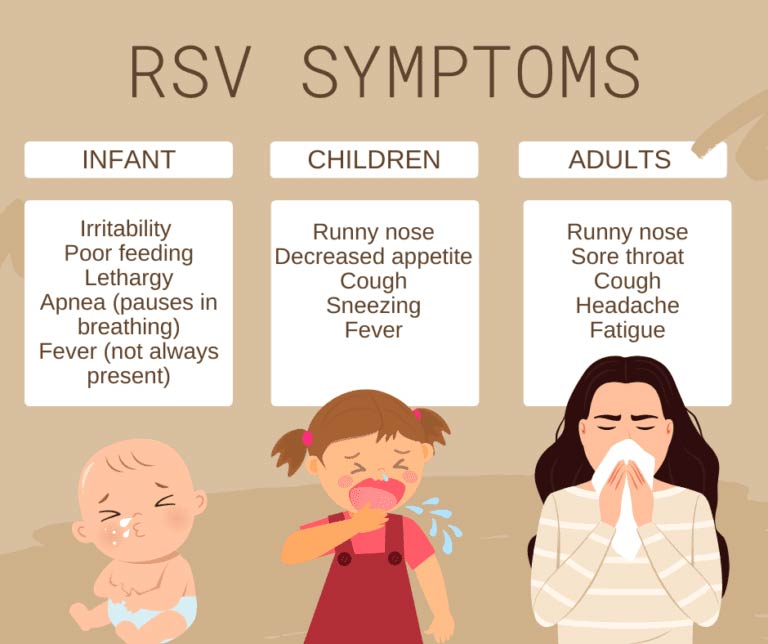 Symptoms
SymptomsThe most common symptoms of RSV include runny nose, cough, and fever. These symptoms may be mild or severe, and they may last for several days or even weeks. Other symptoms can include wheezing, difficulty breathing, chest congestion, and a decrease in appetite.
In infants and young children, RSV can cause more severe symptoms such as bronchiolitis (inflammation of the small airways in the lungs) and pneumonia (infection of the lungs). These symptoms can lead to hospitalization and, in rare cases, death.
Older adults and individuals with chronic health conditions such as asthma, chronic obstructive pulmonary disease (COPD), or heart disease are also at risk of developing severe symptoms from RSV.
One of the most important things to know about RSV is that it is highly contagious. The virus is spread through contact with respiratory secretions, such as mucus or saliva, from an infected person. This can happen through close contact with an infected person, such as by sharing a room or touching contaminated surfaces.
To prevent the spread of RSV, it is important to practice good hygiene, such as washing your hands frequently and avoiding close contact with people who are sick. If you or a loved one is infected with RSV, it is also important to stay home and avoid contact with others until the symptoms have resolved.
Another important thing to know about RSV is that there is no specific treatment for the virus. Antibiotics are not effective against viral infections, so treatment is typically focused on relieving symptoms.
In infants and young children, treatment may include oxygen therapy, nebulizer treatments , and medications to help open the airways. In older adults and individuals with chronic health conditions, treatment may include medications to help manage symptoms and prevent complications.
It's important to seek medical attention if you or a loved one is experiencing severe symptoms from RSV, such as difficulty breathing or chest congestion. These symptoms can be life-threatening, and prompt treatment is essential.
In conclusion, respiratory syncytial virus (RSV) is a common respiratory virus that affects people of all ages, but it is particularly dangerous for infants and older adults. Understanding the symptoms of RSV is important for early diagnosis and treatment, as well as for preventing the spread of the virus to others.
The most common symptoms of RSV include runny nose, cough, and fever. These symptoms may be mild or severe, and they may last for several days or even weeks. Other symptoms can include wheezing, difficulty breathing, chest congestion, and a decrease in appetite. It is highly contagious, and it is important to practice good hygiene and to stay home if you or a loved one is infected with RSV. There is no specific treatment for RSV, rather, treatment is typically focused on relieving symptoms and preventing complications. If you or a loved one is experiencing severe symptoms from RSV, such as difficulty breathing or chest congestion, it is important to seek medical attention immediately.
| |
|---|
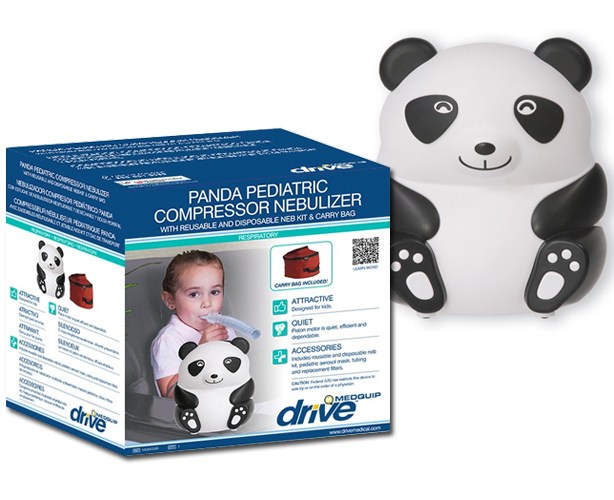 Pediatric Animal Nebulizer Compressor |
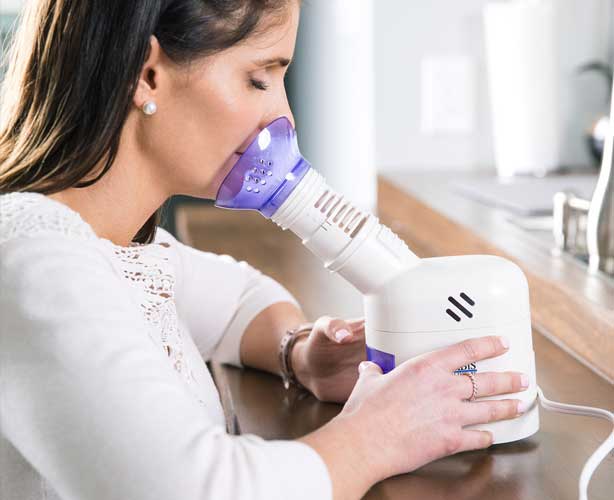 Steam Inhaler |
| |
|---|
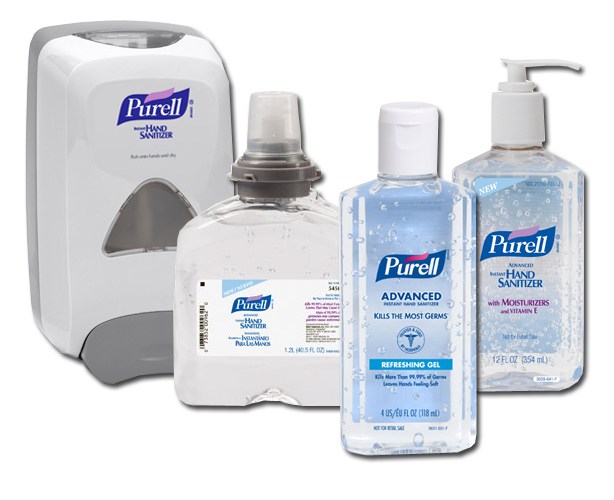 Purell Instant Hand Sanitizer |
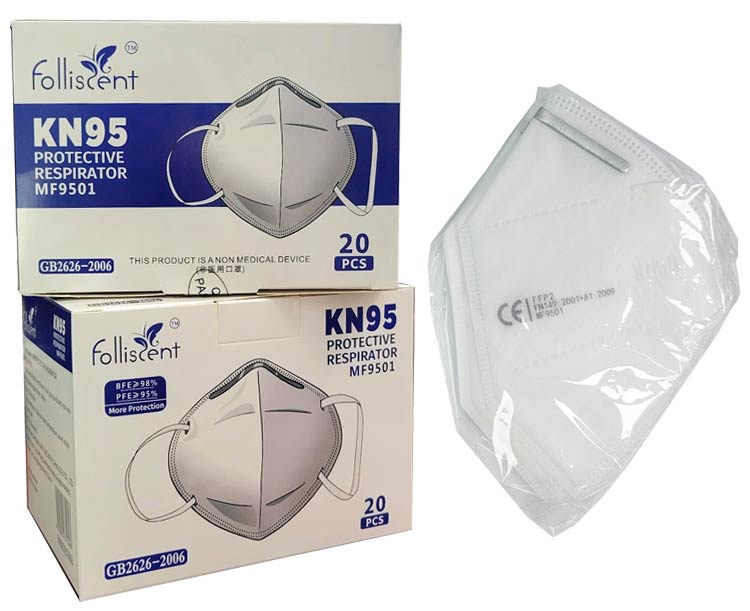 Folliscent KN95 Masks - Protective Respirator |
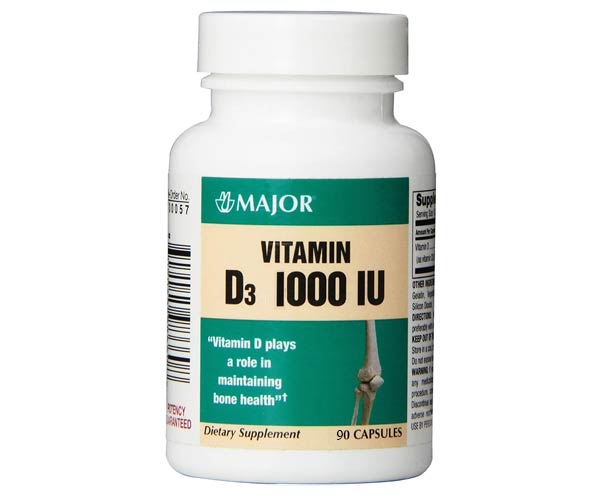 Major Vitamin D Caplets, 1000 IG, 25 mcg |
| Stay Connected! | |
|
|
|
Related Articles
Get $10 off your next order when you sign up to receive our email newsletter.*
Simply enter your email address below!
*Minimum order value of $100. Valid email address to qualify.







